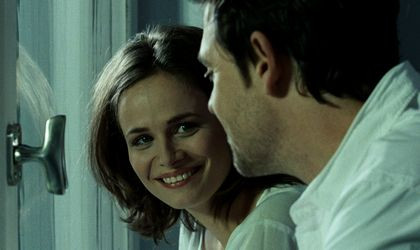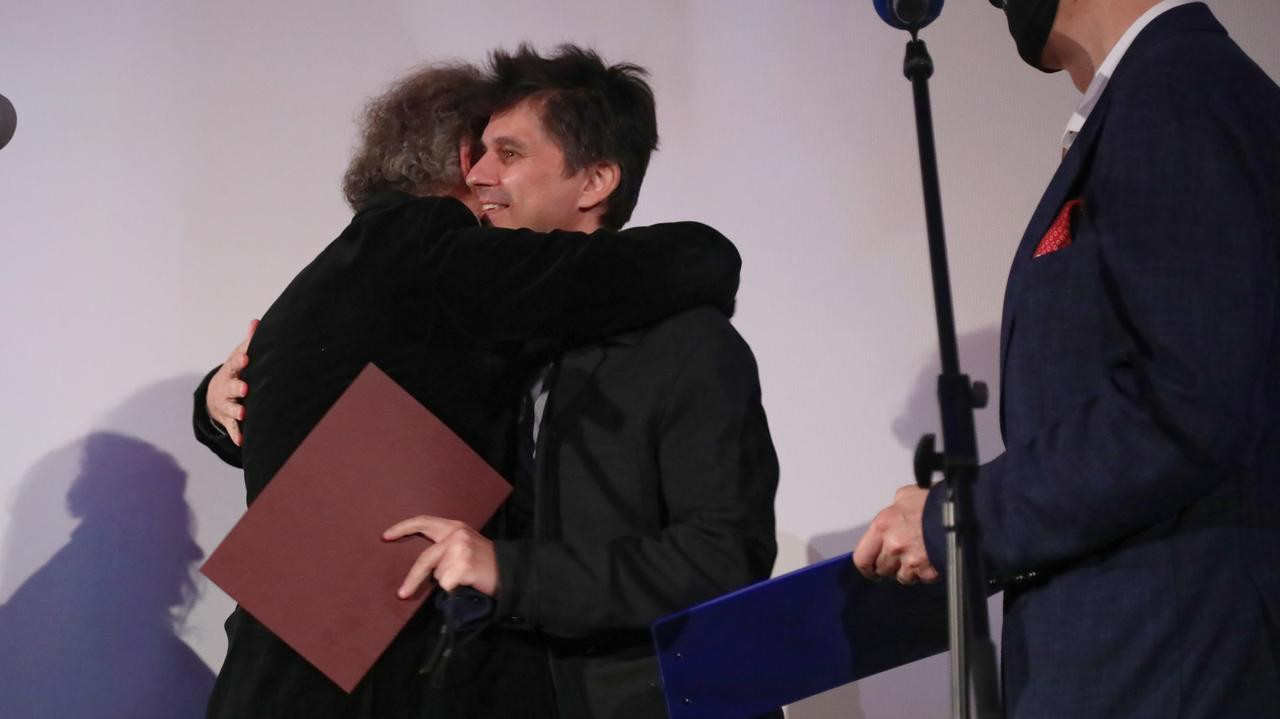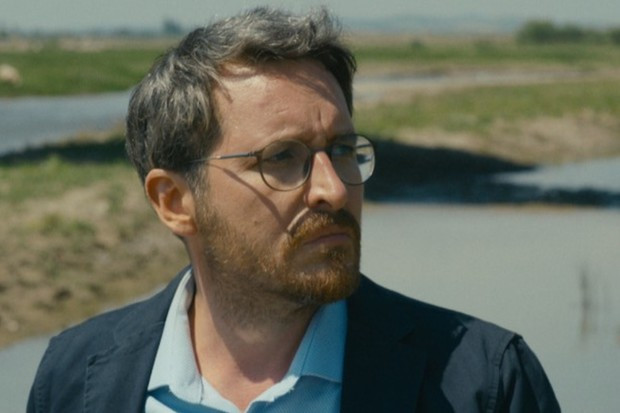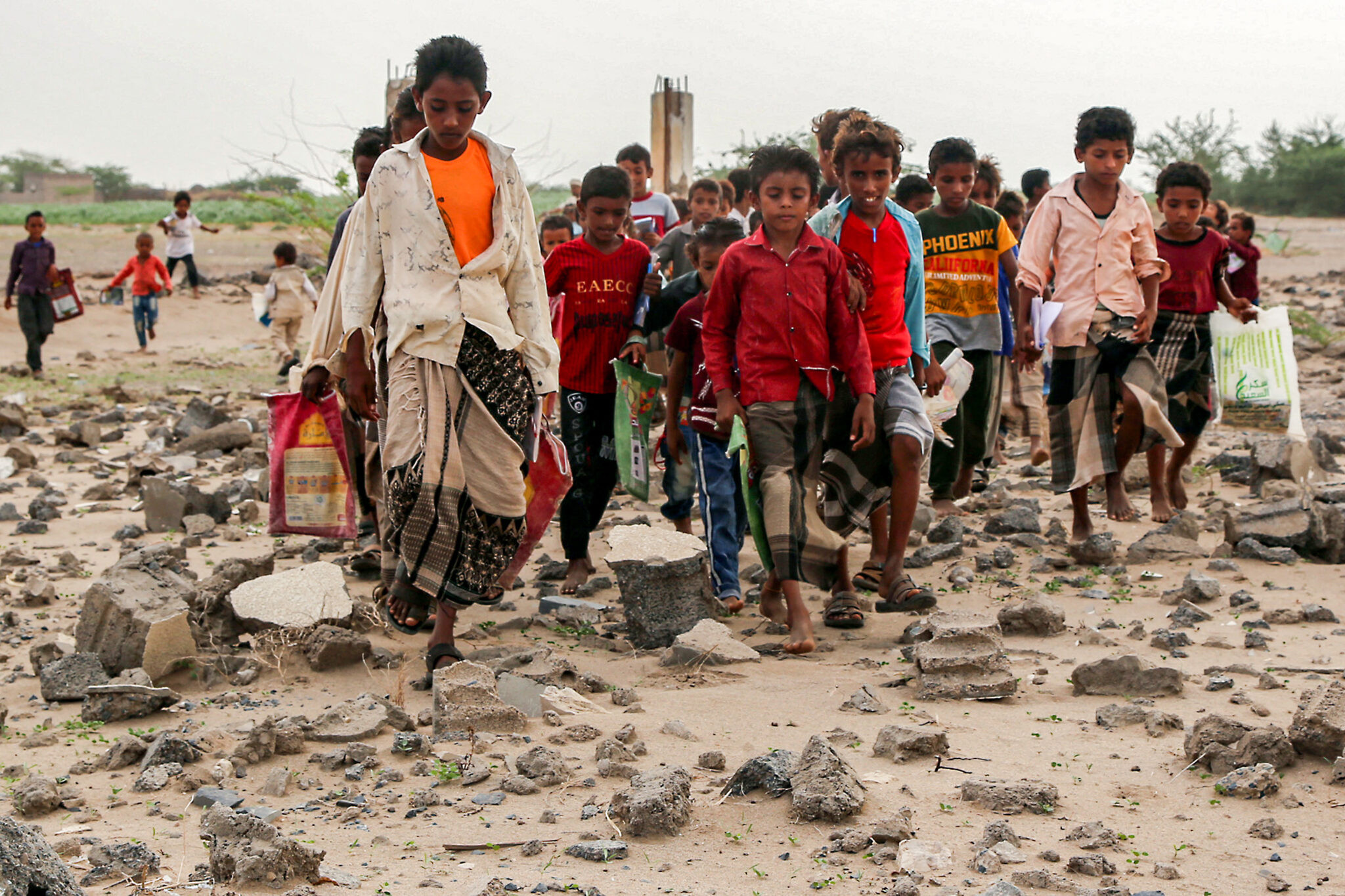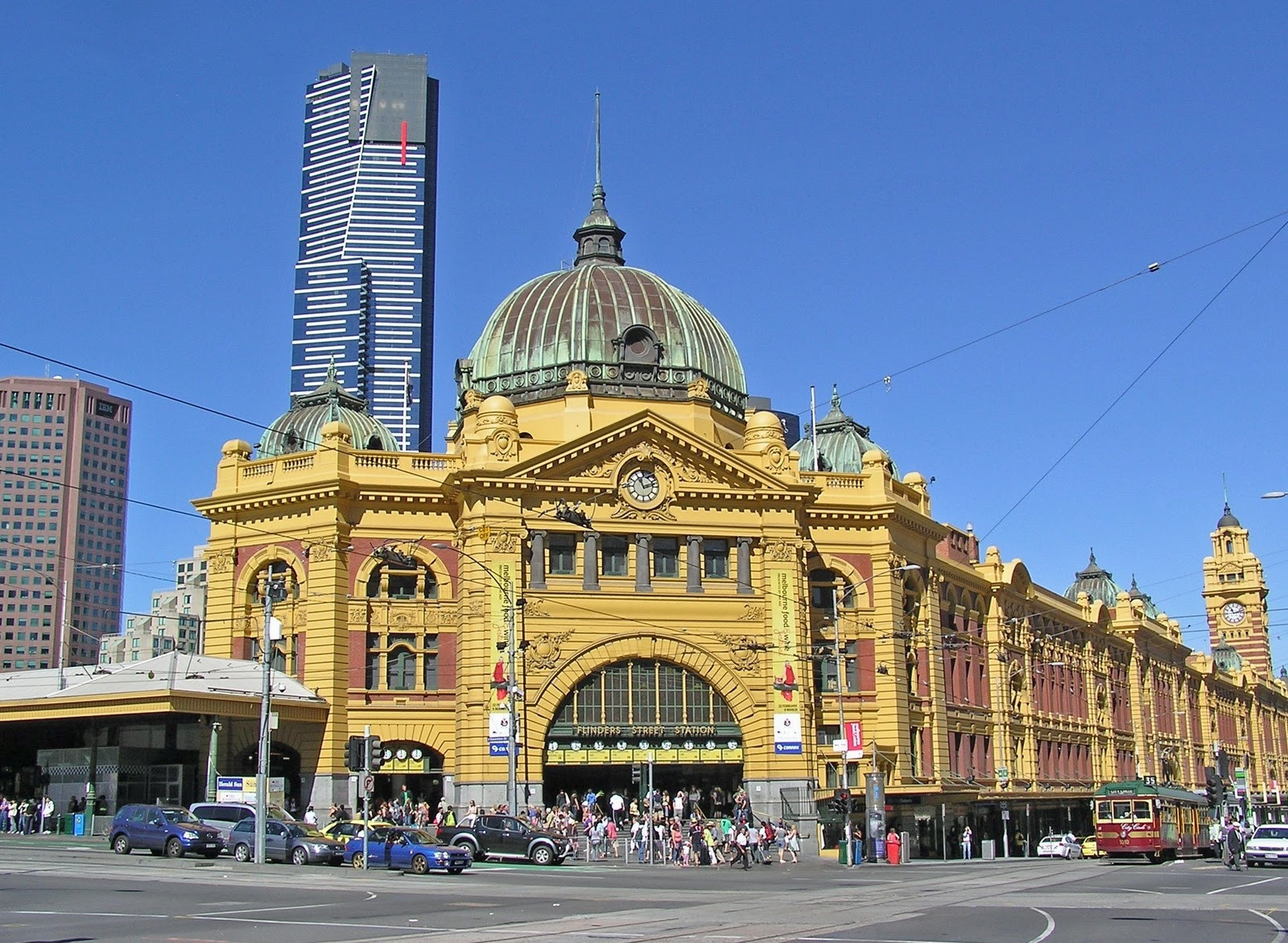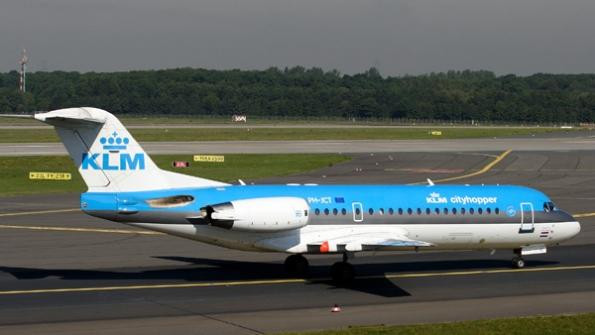Teodora Ana Mihai’s “Traffic” was named the winner of the 40th Warsaw Film Festival on Saturday. The film was written by Cristian Mungiu, who won the Palme d’Or at Cannes with “4 Months, 3 Weeks and 2 Days,” and stars “Happening” lead actor Anamaria Vartolomei.
“Traffic” focuses on Romanian immigrants in Belgium, who go from unwanted second-class citizens to very much wanted criminals, as they decide to stage a heist that will change their lives forever.
“I was excited about the opportunity to work closely with Cristian Mungiu, as he was also co-producing the project. I anticipated it would be an intense and challenging experience, but I don’t shy away from challenges, as I demonstrated with [previous film] ‘La Civil,’” Mihai told Variety.
“I believe Cristian and I have always shared a similar understanding of the themes explored in this film, which camouflages a deep issue of East versus West, rich versus poor miscommunication with a story that ironically references gangster movies. This dynamic reflects societies that today bear the burden of colonial guilt, alongside those that possess the assertive – if not aggressive – energy of historical oppression.”
According to the director, there’s much more to Romanian cinema than the acclaimed Romanian New Wave.
“I believe many local filmmakers are experimenting with new stories and styles, regardless of external expectations. This includes its ‘founding members,’ because a New Wave can easily become an Old Wave if it turns into a formula that stifles the freedom to experiment,” she added.
“I think we can all agree that Cristian, a key figure in the Romanian New Wave, takes a daring leap with this script and experiments with its narrative while maintaining his distinct voice and consistent themes.”
The film was awarded PLN 100,000, courtesy of the Mayor of Warsaw. Jurors Maryna Er Gorbach, Oana Iancu, Anna Kazejak, Vinko Brešan and Alberto Triano also noticed Anatol Schuster’s work on “Chaos and Silence,” naming him best director, and Liina Trishkina-Vanhatalo’s script for “Lioness.”
“In Good Faith” by Frauke Lodders triumphed in the Competition 1-2 – with Nikol Cibulya’s “Tomorrow I Die” getting the Special Mention. Free Spirit Award went to “The Black Hole” by Moonika Siimets, with jurors also noticing Alexandre Rockwell’s “Lump.”
Best documentary feature award was given to “War Correspondent” by Benjamin Tuček and David Čálek, while Guan Hu’s “Black Dog” – called by Variety “a resonant, visually resplendent China-noir about taming the mad dog within” – convinced jurors of the Crème de la Crème Competition and NETPAC.
“Traffic” was also the closing film at the fest, which opened on Oct. 11 with the screening of “Kulej. All that Glitters Isn’t Gold” by Xavery Żuławski, about a Polish boxer, famous in the 1960s.
“The idea came from the late champion’s son, Waldemar, who brought the idea to Watchout Studio. Two-time Olympic champion and winner of two gold medals, Kulej was simply a legend – he was such a celebrity under socialism. People talked about him, quoted him. There was no hesitation on my part. It was necessary to make a film about the master,” said Żuławski.
“Later, while writing the script, we discovered his wife Helena. For 60 years, she has lived in the complete shadow of her untamed husband. Her struggle for identity and her attempt to free herself also became a part of the film.”
“Any film, whether arthouse or commercial, is difficult to make. Each project requires us, creators, to be fully committed and face the problems that arise in its path, regardless of the genre.”
New Voices in Romanian Cinema
The success of “Traffic” at the Warsaw Film Festival is a testament to the continued evolution of Romanian cinema. While the Romanian New Wave, with films like “4 Months, 3 Weeks and 2 Days” and “The Death of Mr. Lazarescu,” garnered international acclaim, filmmakers like Teodora Ana Mihai are pushing the boundaries of storytelling and exploring new themes.
Mihai’s “Traffic” is a prime example of this shift. The film’s focus on Romanian immigrants in Belgium and their involvement in a heist is a departure from the social realism that often characterized the Romanian New Wave. It is a film that is both gritty and poignant, exploring complex themes of identity, belonging, and the struggle for survival.
A Heist for Redemption
The story revolves around a group of Romanian immigrants in Belgium who, in the wake of societal exclusion and financial hardship, find themselves drawn into a world of crime. Their decision to commit a daring heist is rooted in a desperate desire for a better life, a yearning for redemption in a society that has often marginalized them.
The film’s narrative is a compelling blend of social commentary and suspense, offering a glimpse into the lives of those who live on the margins of society. It delves into the psychological complexities of its characters, showcasing their vulnerabilities, aspirations, and the lengths they are willing to go to in order to achieve their goals. The heist itself becomes a metaphor for their struggle for agency, a desperate attempt to reclaim control over their lives.
The Future of Romanian Cinema
Mihai’s success with “Traffic” underscores the potential of Romanian cinema to continue to evolve and innovate. The film showcases a new generation of filmmakers who are not afraid to tackle complex themes and experiment with storytelling techniques. Their work is a reminder that Romanian cinema is far from static, constantly pushing the boundaries of artistic expression and challenging traditional narratives.
The film’s success in Warsaw, along with the accolades it has received, indicates a strong future for Romanian cinema. As new voices continue to emerge and challenge established norms, it is clear that Romanian cinema will continue to captivate audiences around the world.
The Final Word
The Warsaw Film Festival, a platform for showcasing emerging talents, has once again proven to be a vital space for discovering new cinematic voices. The success of “Traffic” is a testament to the enduring power of stories that explore the complexities of human experience, and the potential for Romanian cinema to continue to evolve and captivate audiences globally.




